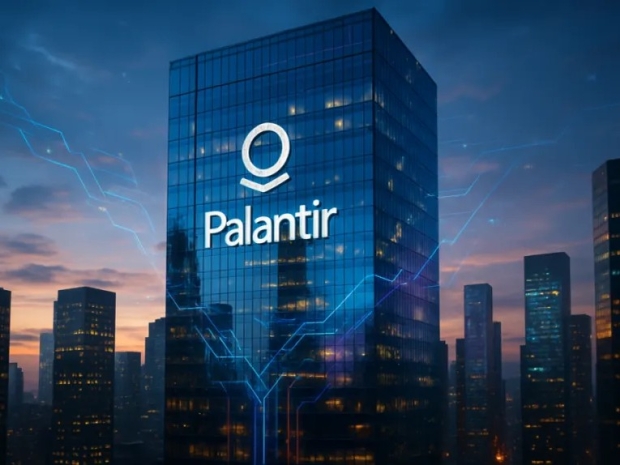The company has hiked its 2025 revenue forecast to $4.4 billion, up from the $4.15 billion it mumbled in August. That wasn’t enough to keep investors interested. Shares dipped four per cent in after-hours trading as punters fretted about Palantir’s valuation, which currently sits at a daft 255 times forward earnings.
That concern didn’t stop hedge fund curmudgeon Michael Burry from betting $912 million against the stock. He used put options to short five million shares, apparently convinced that Palantir’s hype is due a messy reality check.
Still, for now, the numbers are red hot. Third-quarter revenue surged 63 per cent to $1.18 billion while net income beat expectations, hitting $476 million. US commercial revenue shot up 121 per cent to $397 million and government sales grew 52 per cent to $486 million. All of which gave Palantir boss Alex Karp the excuse he needed to go full Bond villain in his shareholder letter.
Palantir chief executive Alex Karp ranted: “Some of our detractors have been left in a kind of deranged and self-destructive befuddlement. It has indeed been difficult for outsiders to appraise our business, either its significance in shaping our current geopolitics or its value in the vulgar, financial sense.”
Chief technology officer Shyam Sankar took a break from stroking his white cat to tell investors the company was perfectly positioned to capitalise on chaos, with America “involved with three conflicts from Europe, the Middle East and our own hemisphere right now.”
He added: “Things are also getting spicy in Africa.”
Apparently, all this spicy warmongering is great for business. In July, Palantir signed a $10 billion deal with the US government. In September, it announced plans to splurge £1.5 billion (around €1.73 billion) in the UK, building its European HQ and creating 350 jobs. Meanwhile, NATO-loving Poland inked a military deal with Palantir and Thiel-backed defence startup Anduril.
Despite the dip, Palantir shares are still up more than 170 per cent this year, following last year’s nuclear 340 per cent rally.
The outfit is riding the same AI bubble that’s sent Nvidia and Alphabet floating into the stratosphere, though it may be about to find out what happens when gravity kicks back in.
Founded in 2003 by Karp, Thiel and some others, Palantir sells AI and data-wrangling software whether for supply chain snooping, military surveillance or migrant identification systems.




